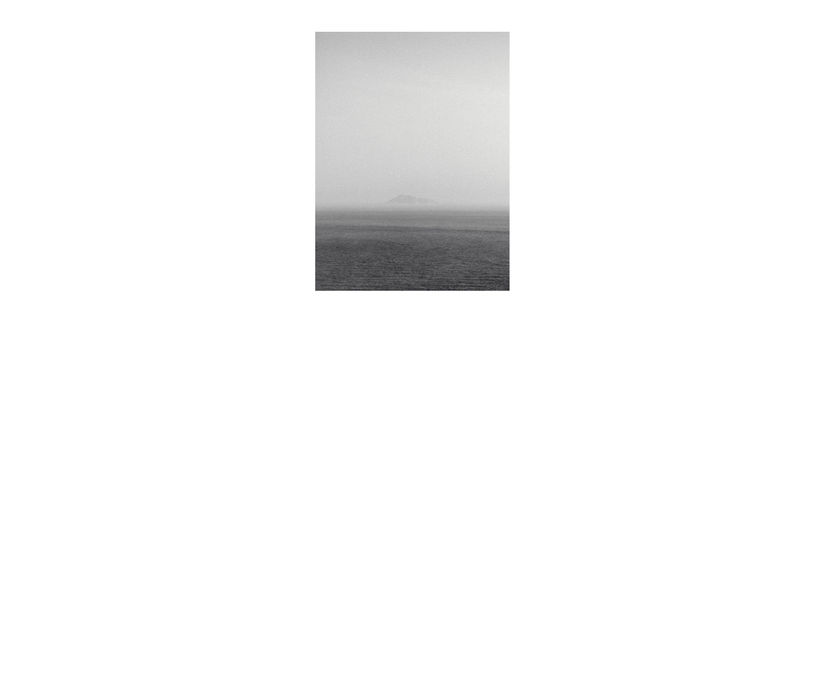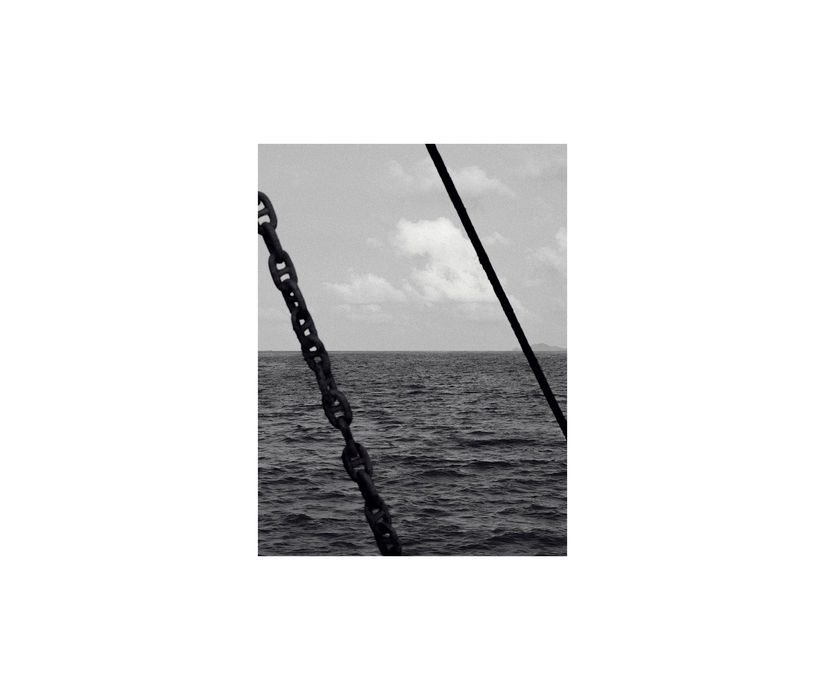TONY MAK
The profound expanse of the distant sea is a kind of temptation. Once you start to ponder that incredibly faraway place, you will be infected with a sea-going sickness. It drives you from your homeland, sets you adrift on restless seas, until you meet your end in lands far, far away.
In 1552, the missionary Francisco Xavier, having traversed most of the globe, arrived at Shangchuan Island off Guangdong's coast. Fourteen kilometres from the mainland, over two hundred from Guangzhou, the island was barred by China's closed gates. The merchant who had pledged to ferry him to Guangzhou never came. Eventually he passed away, a figure of forlorn hope, on that desolate isle, waiting for a boat to carry him to China.
Note:
Five hundred years ago, Francisco Xavier, a missionary from a far, faraway land died on Shangchuan Island, so close to my home, yet so far from his own. He never reached mainland China. Not long after, the Portuguese leased Macau, eventually turning it into a colony, and thus began the intricate dance of conflict and connection between China and the West.
This history, and the solitude of Xavier’s unfulfilled journey, resonates deeply with me. I have long moved between East and West, my sense of belonging shifting with each crossing. Sometimes, I feel at home in both; at other times, I remain an outsider to both my homeland and the Western world. As the world becomes increasingly fractured by nations, politics, and ideologies, and the pandemic has intensified this sense of isolation, borders and fear have torn the world apart. In this time of stasis and separation, I found myself drawn to the sea — a vast expanse where division and connection intertwine. The ocean serves both as a barrier and a bridge. In this postcolonial context, I seek to reclaim a primordial human longing and fear of the sea, reminiscent of the spirit of the Age of Exploration.
Walking Xavier’s path on Shangchuan Island, I envisioned another island—an imagined space where East meets West, where cultures intertwine, where understanding transcends division. Through my photographs, I have pieced together this floating world, stitching together coastlines, harbours, and cities touched by history. Walking the shores of Guangdong and Portugal, I traced the landscapes once seen by ancient seafarers, capturing fragments of their journey: porcelain in Lisbon, the footprints of the Portuguese in Macau, the shifting tides of Shangchuan. Each image becomes a thread in a dialogue between past and present, memory and reconstruction.
This imagined island is more than just history — it is a sanctuary, a liminal space where time dissolves. It is a harbour that cradles both the living and the dead, a threshold between the known and the unknown. Here, the solitude of the wanderer turns into contemplation, the barriers of the world give way to reverie, and eternity lingers in the salt sea breeze.
In a world that continues to build walls, the sea remains a conduit, uniting distant shores. It is not an obstacle, but a passage. Even as we stand on faraway coastlines, we are all connected by the same waters, the same tides that have carried explorers, exiles, and dreamers for centuries.
























